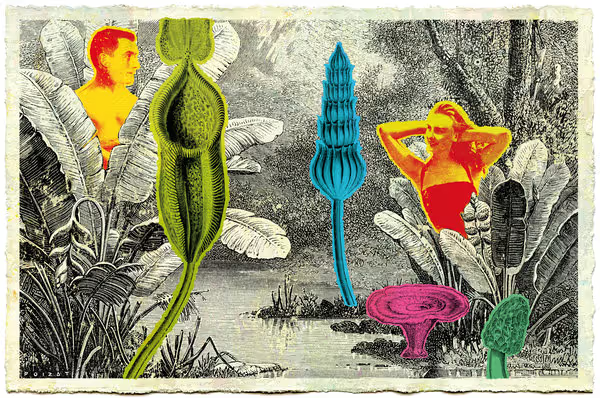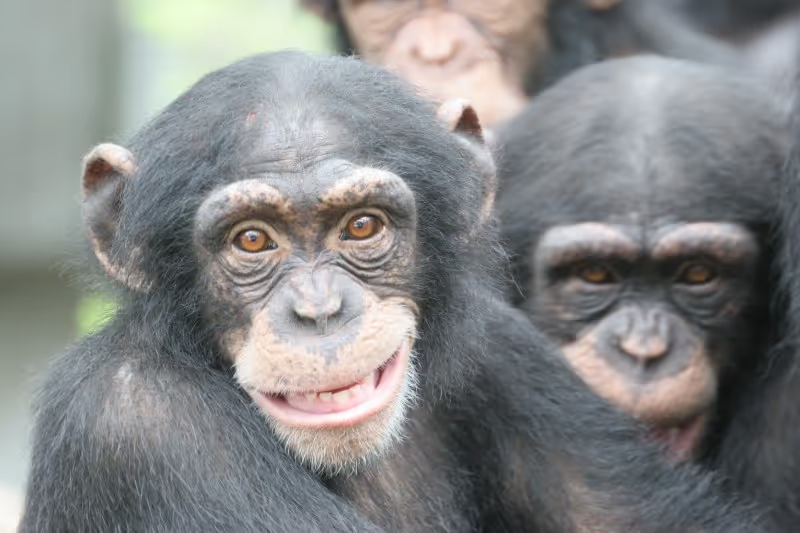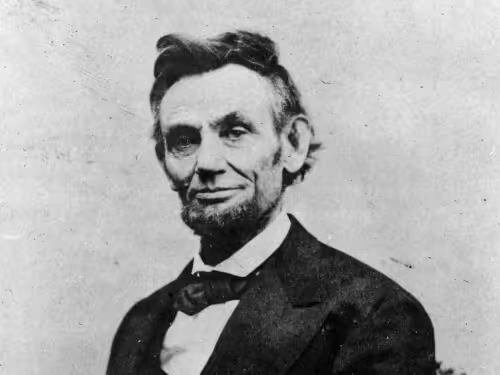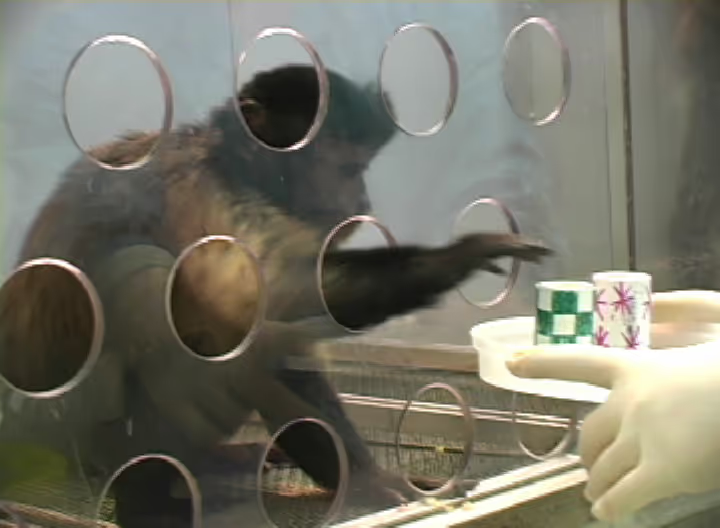Category: Mind
Events:
Articles:

December 22, 2017
Thinking Clearly About Collective Intelligence: A Conversation with Geoff Mulgan about his new book Big Mind
A conversation with Geoff Mulgan, founder of the think tank Demos and current chief executive of Nesta, the UK’s National Endowment for Science, on his new book "Big Mind: How Collective Intelligence Can Change Our World".

March 2, 2016
When Democracy Meets the Ghost of Evolution: Why Short Presidents Have Vanished
Size matters in politics: America hasn’t seen a president shorter than 5’7” since William McKinley. A main culprit, unbeknownst to many, comes from voters’ cognitive biases—the work of evolution. And the conundrum took a theatrical turn early this year when Marco Rubio, a Republican presidential hopeful, was spotted wearing a pair of new boots. #bootgate

February 11, 2016
What was Darwin Thinking? A Lesson From The Psychology of Evolution
While you may have heard of evolutionary psychology, this article is actually about the psychology of evolution itself. That is, the study of how evolutionary thinking develops and thrives across our social species, Charles Darwin being one particularly interesting case study.

February 11, 2016
Why Darwin’s Tree of Life is a Cognitively Compelling Icon of Evolution
This Darwin Day, consider investing in a tree-of-life tee-shirt or a tree-of-life necklace or even a tree-of-life tattoo. You’ll be honoring Darwin’s legacy while also conveying a cognitively apt representation of evolution to the public at large.

March 26, 2015
All Psychology is Evolutionary Psychology
If we’re doing psychology, therefore, then we’re also doing evolutionary psychology: we’re trying to understand evolved adaptations—and their mental, behavioral, and cultural products and by-products—and our ability to do so is enhanced through the invocation of evolutionary principles.

February 7, 2014
Books are Maps of Nature, Screens are Maps of Nothing
Our Stone Age brains never had or needed a way to process written symbolic language.

May 12, 2013
Evolving the Future
We are closer to a science of intentional change than one might think.With three members of the EI’s Scientific Advisory Board, Steven C. Hayes, Anthony Biglan, and Dennis D. Embry, we have written a review article titled “Evolving the Future: Toward a Science of Intentional Change”, which will be published in the commentary journal Behavioral and Brain Sciences (BBS).

January 24, 2013
How and Why Do We Pick Our Friends?
Studies of dolphins, primates and humans show the reason we choose the companions we do is more complex, and perhaps less honorable, than we might think.

January 9, 2013
Why Do Animals Like To Play?
Recreation may look like it serves no obvious purpose, but when dogs and other animals are having fun they are learning some valuable lessons.

November 15, 2012
Ancient Weapons May Illuminate Modern Man’s Evolution
People were using weapons deeper into our evolutionary past than we previously thought.

August 22, 2012
Taking Over From Evolution: How Technology Could Enhance Humanity
The 21st century and beyond promises an array of novel methods for enhancing human cognition.
our newsletter
























































































